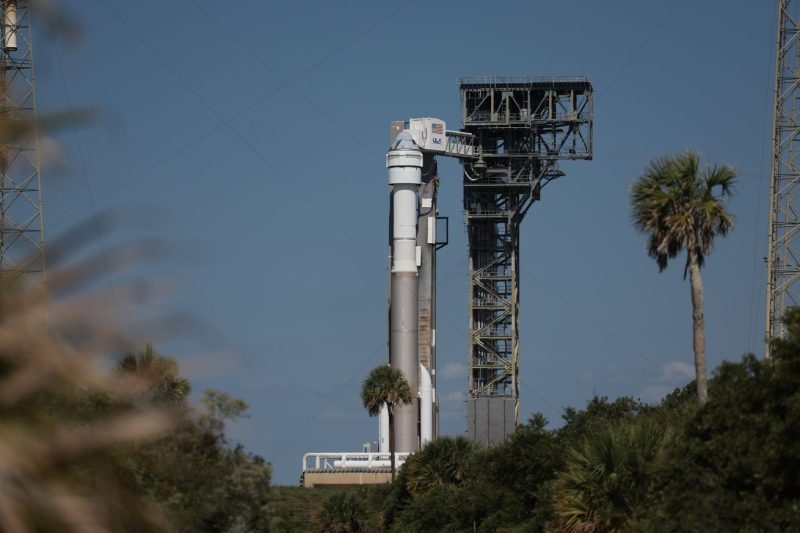Boeing’s First Crewed Starliner Launch Delayed Again Over Computer Issues
The anticipated launch of Boeing’s first crewed Starliner spacecraft has faced another setback due to computer issues, further prolonging the wait for this crucial mission. Originally intended for August, the latest delay involves an anomaly related to the flight control system software, discovered during a routine pre-launch check. Although Boeing has made substantial progress towards resolving these technical challenges, the safety and functionality of the spacecraft remain top priorities.
The mission, known as Starliner-1, holds significant importance within the realm of space exploration as it marks Boeing’s inaugural crewed flight to the International Space Station (ISS). This milestone mission was initially planned to demonstrate the spacecraft’s capability to transport astronauts and supplies to the ISS as part of NASA’s Commercial Crew Program. However, the recent delay has underscored the complexities involved in ensuring the safety and reliability of crewed space missions.
One of the key issues identified during the pre-launch check was linked to the flight control system software, a critical component responsible for guiding the spacecraft during its journey to and from the ISS. The anomaly discovered necessitated a thorough investigation and subsequent modifications to the software to address the underlying concerns. While such technical glitches are not uncommon in the development of spacecraft, they highlight the meticulous attention to detail required to ensure mission success.
Boeing has been working diligently to rectify the computer issues and conduct comprehensive tests to validate the effectiveness of the software modifications. The aerospace company has emphasized the importance of ensuring the spacecraft’s readiness for crewed flight, recognizing the significance of maintaining stringent safety standards in all aspects of the mission. The commitment to thorough testing and validation procedures reflects Boeing’s dedication to upholding the highest standards of quality and reliability in its space endeavors.
Despite the challenges posed by the recent delay, Boeing remains optimistic about the eventual success of the Starliner-1 mission and the broader goals of the Commercial Crew Program. The collaboration between Boeing and NASA underscores the commitment to advancing human space exploration and fostering innovation in the aerospace industry. The delay, while disappointing, serves as a reminder of the inherent complexities of space travel and the need for rigorous testing and preparation to ensure mission success.
As Boeing continues to address the computer issues and prepare for the rescheduled launch of the Starliner-1 mission, the aerospace community eagerly anticipates the successful demonstration of the spacecraft’s capabilities. The delay, although frustrating, exemplifies the dedication to safety and reliability that underpins crewed space missions and highlights the challenges inherent in pushing the boundaries of space exploration. With a concerted effort to address the technical issues at hand, Boeing remains steadfast in its commitment to advancing crewed spaceflight capabilities and paving the way for future missions to the ISS and beyond.

